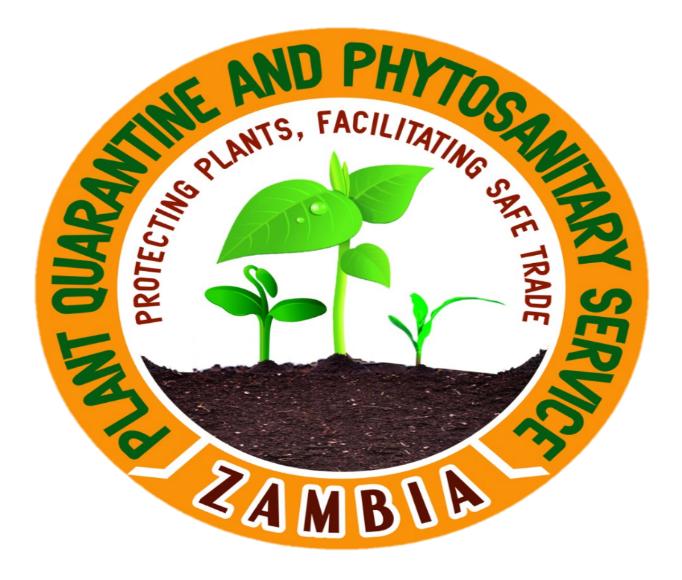Posted on Mon, 16 Oct 2023, 13:43

Rome, 11 October 2023. The Federal Republic of Somalia has joined the International Plant Protection Convention (IPPC) as its 185th contracting party. This signals a major boost to the IPPC community and global efforts to prevent pests and promote safe trade in plants and plant products, while fostering regional and international cooperation. Somalia’s accession to the IPPC is also a vote of confidence in the work of the IPPC community to promote stronger phytosanitary capacity. It is a show of solidarity in the complex global effort against pests, for improved food security, protection of environment and economic development.
On 27 April 2023, the Eastern Africa nation deposited an instrument of adherence with the Director-General of the Food and Agriculture Organization of the United Nations (FAO) to join the IPPC. As such, the country commits to adhering to the international standards for phytosanitary measures set by the IPPC, which are measures by which countries design national requirements to protect plants from pests. This is expected to ease trade in agricultural products between Somalia and other countries. Somalia’s membership in the IPPC also means commitment to the IPPC national reporting obligations that all IPPC contracting parties recognize and adhere to.
The country’s resolve to strengthen its plant protection system, prevent future pest outbreaks, protect its agricultural sector and biodiversity and facilitate trade in agricultural products, brought Somalia to this significant milestone. By joining the IPPC, which provides a framework for international cooperation on plant protection, Somalia is eager to collaborate on the world stage and to access international support and expertise to uplift plant health.
Somalia is a predominantly agricultural country, and its economy is heavily dependent on exporting agricultural products. However, in recent years, the country has suffered deadly pest outbreaks which have caused significant economic losses. Since early 2020, Desert locust destroyed about 70 000 hectares of cropland in Somalia and neighboring Ethiopia, in the worst locust invasion the country has witnessed in 25 years. This seriously threatened food security, food supplies and livelihoods of farmers in both countries. Considered the most destructive migratory pest in the world, Desert Locust can consume the same amount of food in one day as 35 000 people.
“Somalia’s membership in the IPPC is in the country’s best interests. It can help Somalia protect its agricultural sector and biodiversity, facilitate trade in agricultural products, and gain access to international support and expertise,” said Abdi Mohamed Hussein, Director of the Plant Protection and Research Department at the Ministry of Agriculture and Irrigation of the Federal Republic Somalia.
“The IPPC Secretariat applauds the Federal Republic of Somalia on this important historic achievement and welcomes Somalia to the IPPC plant health community,” said Osama El-Lissy, IPPC Secretary.
“Increased international travel, trade and climate change are complicating the global pest problem. Moreover, no single country can prevent entry, establishment or proliferation of pests on its own because countries have varying levels of development of phytosanitary capacity and infrastructure. International collaboration is thus essential and so Somalia’s decision to join the IPPC is timely and highly commended,” he added.

